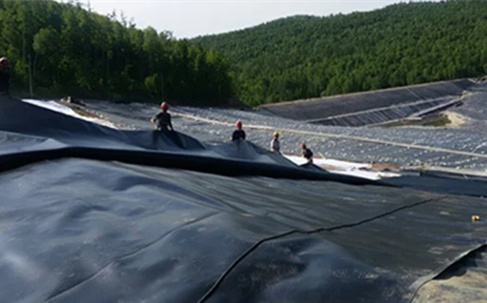The Ultimate Guide to Fiberglass Rebar: Benefits, Applications, and Installation Tips
The Ultimate Guide to Fiberglass Rebar: Benefits, Applications, and Installation Tips
Fiberglass rebar, an innovative alternative to traditional steel reinforcement, is transforming modern construction with its superior properties and versatility.
Key Benefits of Fiberglass Rebar
Unlike steel, fiberglass rebar is non-corrosive, making it ideal for harsh environments. It boasts high tensile strength, is lightweight for easier handling, and non-conductive, enhancing safety in electrical applications.
Common Applications
Construction and Infrastructure
Widely used in bridges, marine structures, and roadways due to its durability and resistance to saltwater and chemicals.
Industrial and Residential Use
Perfect for concrete slabs, foundations, and precast elements, reducing long-term maintenance costs.
Installation Tips and Best Practices
Always use plastic or composite ties for securing. Cut with diamond-tipped blades and avoid sharp bends to maintain structural integrity.
Frequently Asked Questions
Is fiberglass rebar stronger than steel?
It has a higher tensile strength but less stiffness, requiring engineering adjustments for specific loads.
How does it perform in extreme temperatures?
It performs well but requires protective coatings in high-heat scenarios to maintain performance.
Get Started Today
Upgrade your projects with reliable, cost-effective fiberglass rebar solutions. Contact us for expert advice and premium products tailored to your needs.


